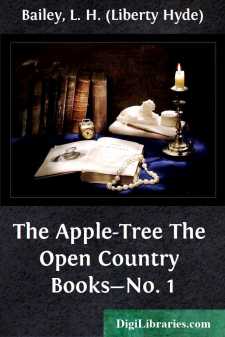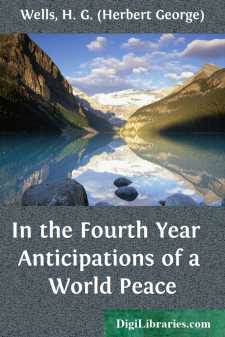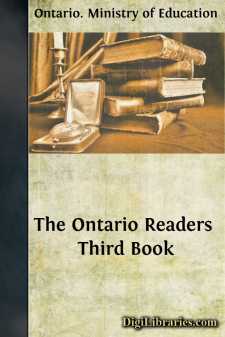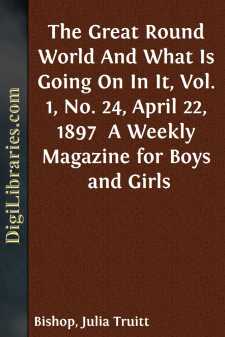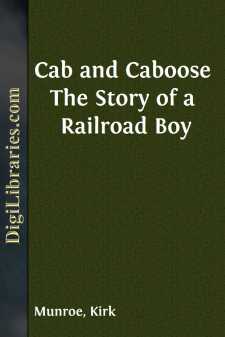Categories
- Antiques & Collectibles 13
- Architecture 36
- Art 48
- Bibles 22
- Biography & Autobiography 813
- Body, Mind & Spirit 142
- Business & Economics 28
- Children's Books 13
- Children's Fiction 10
- Computers 4
- Cooking 94
- Crafts & Hobbies 4
- Drama 346
- Education 46
- Family & Relationships 57
- Fiction 11828
- Games 19
- Gardening 17
- Health & Fitness 34
- History 1377
- House & Home 1
- Humor 147
- Juvenile Fiction 1873
- Juvenile Nonfiction 202
- Language Arts & Disciplines 88
- Law 16
- Literary Collections 686
- Literary Criticism 179
- Mathematics 13
- Medical 41
- Music 40
- Nature 179
- Non-Classifiable 1768
- Performing Arts 7
- Periodicals 1453
- Philosophy 64
- Photography 2
- Poetry 896
- Political Science 203
- Psychology 42
- Reference 154
- Religion 513
- Science 126
- Self-Help 84
- Social Science 81
- Sports & Recreation 34
- Study Aids 3
- Technology & Engineering 59
- Transportation 23
- Travel 463
- True Crime 29
Sort by:
WHERE THERE IS NO APPLE-TREE The wind is snapping in the bamboos, knocking together the resonant canes and weaving the myriad flexile wreaths above them. The palm heads rustle with a brisk crinkling music. Great ferns stand in the edge of the forest, and giant arums cling their arms about the trunks of trees and rear their dim jacks-in-the-pulpit far in the branches; and in the greater distance I know...
more...
I THE WAY TO CONCRETE REALIZATION More and more frequently does one hear this phrase, The League of Nations, used to express the outline idea of the new world that will come out of the war. There can be no doubt that the phrase has taken hold of the imaginations of great multitudes of people: it is one of those creative phrases that may alter the whole destiny of mankind. But as yet it is still a very...
more...
CHAPTER 1. A Not Unnatural Enterprise This is written from memory, unfortunately. If I could have brought with me the material I so carefully prepared, this would be a very different story. Whole books full of notes, carefully copied records, firsthand descriptions, and the pictures—that's the worst loss. We had some bird's-eyes of the cities and parks; a lot of lovely views of streets, of...
more...
FORTUNE AND THE BEGGAR One day a ragged beggar was creeping along from house to house. He carried an old wallet in his hand, and was asking at every door for a few cents to buy something to eat. As he was grumbling at his lot, he kept wondering why it was that folks who had so much money were never satisfied but were always wanting more. "Here," said he, "is the master of this house—I...
more...
Among the barbarous tribes whose languages have been studied, even in a most cursory manner, none have ever been discovered which did not show some familiarity with the number concept. The knowledge thus indicated has often proved to be most limited; not extending beyond the numbers 1 and 2, or 1, 2, and 3. Examples of this poverty of number knowledge are found among the forest tribes of Brazil, the...
more...
The news from Cuba this week confirms the story of the capture of Gen. Ruis Rivera. It seems that the Spanish General, Velazco, was told by some of his scouts that Rivera was encamped in the near neighborhood, and only had a force of one hundred men with him. Acting on this information, the Spaniards surrounded the camp and attacked the Cubans, who fought bravely until they were finally overpowered....
more...
by:
Gilbert Parker
PROEM And the Angel said:"What hast thou for all thy travail—what dost thou bring with thee outof the dust of the world?" And the man answered:"Behold, I bring one perfect yesterday!" And the Angel questioned:"Hast thou then no to-morrow?Hast thou no hope?" And the man replied:"Who am I that I should hope!Out of all my life I have been granted onesheaf of memory." And...
more...
THE LION AND THE UNICORN Prentiss had a long lease on the house, and because it stood in Jermyn Street the upper floors were, as a matter of course, turned into lodgings for single gentlemen; and because Prentiss was a Florist to the Queen, he placed a lion and unicorn over his flowershop, just in front of the middle window on the first floor. By stretching a little, each of them could see into the...
more...
by:
Kirk Munroe
“Go it, Rod! You’ve got to go! One more spurt and you’ll have him! There you are over the line! On time! On railroad time! Three cheers for Railroad Blake, fellows! ’Rah, ’rah, ’rah, and a tigah! Good for you, Rod Blake! the cup is yours. It was the prettiest race ever seen on the Euston track, and ‘Cider’ got so badly left that he cut off and went to the dressing-room without...
more...
WHAT IS COPYRIGHT? Copyright is a form of protection provided by the laws of the United States (title 17, U.S. Code) to the authors of "original works of authorship", including literary, dramatic, musical, artistic, and certain other intellectual works. This protection is available to both published and unpublished works. Section 106 of the 1976 Copyright Act generally gives the owner of...
more...


